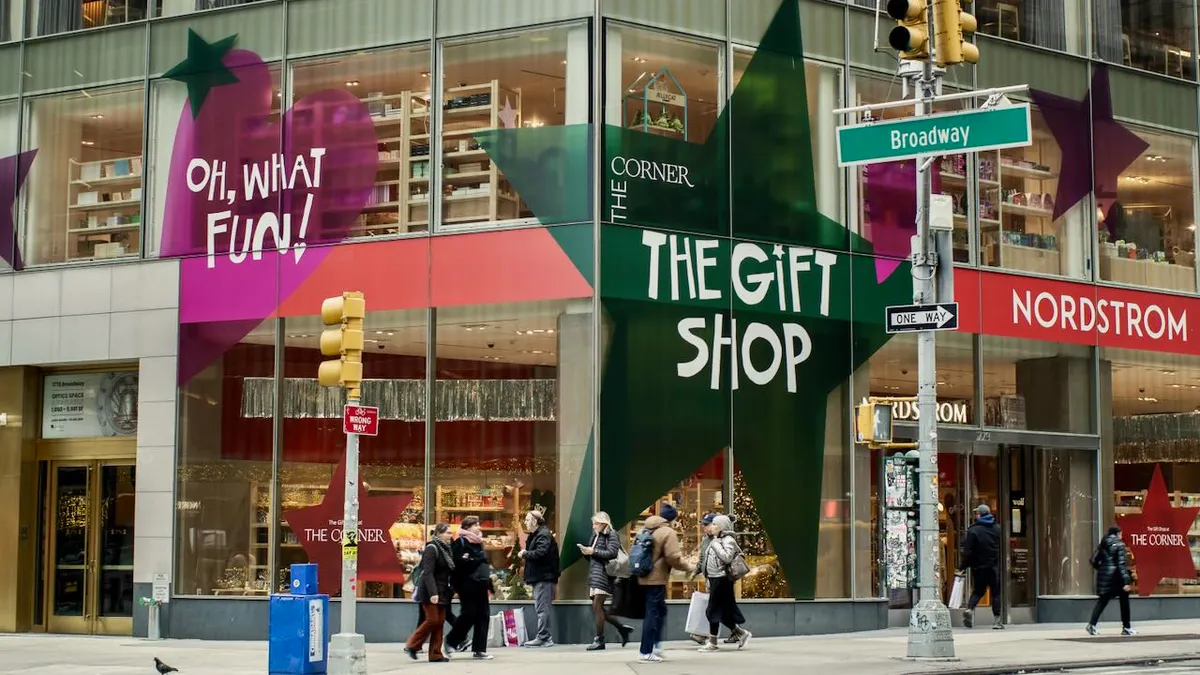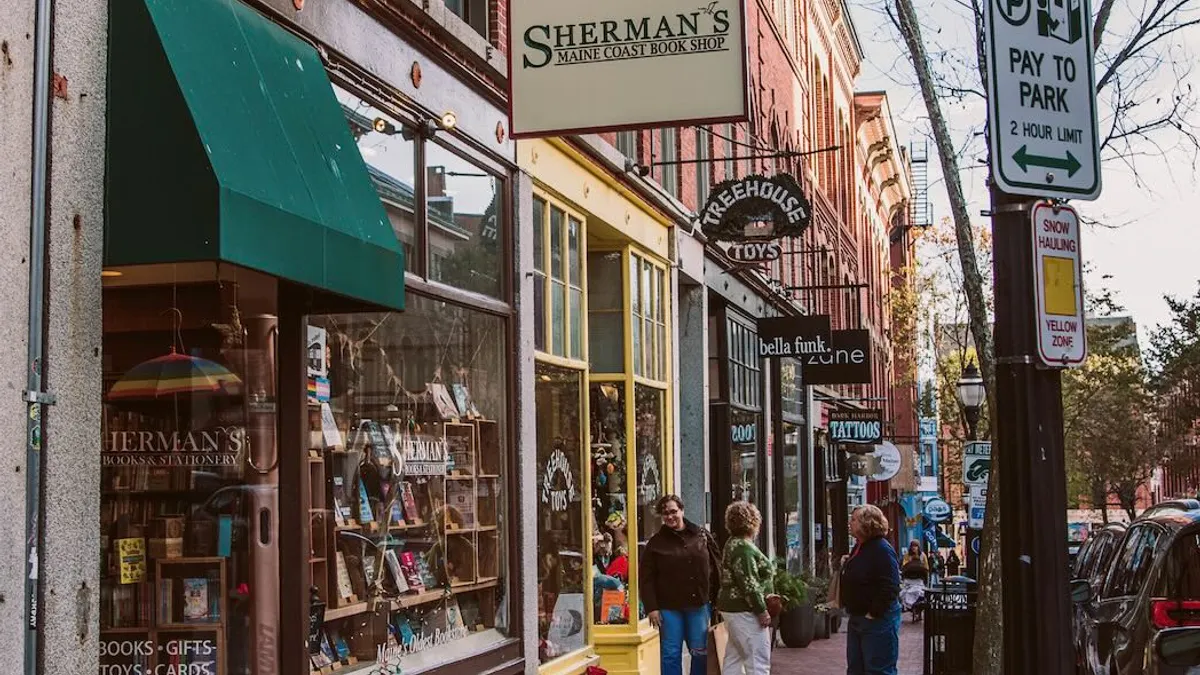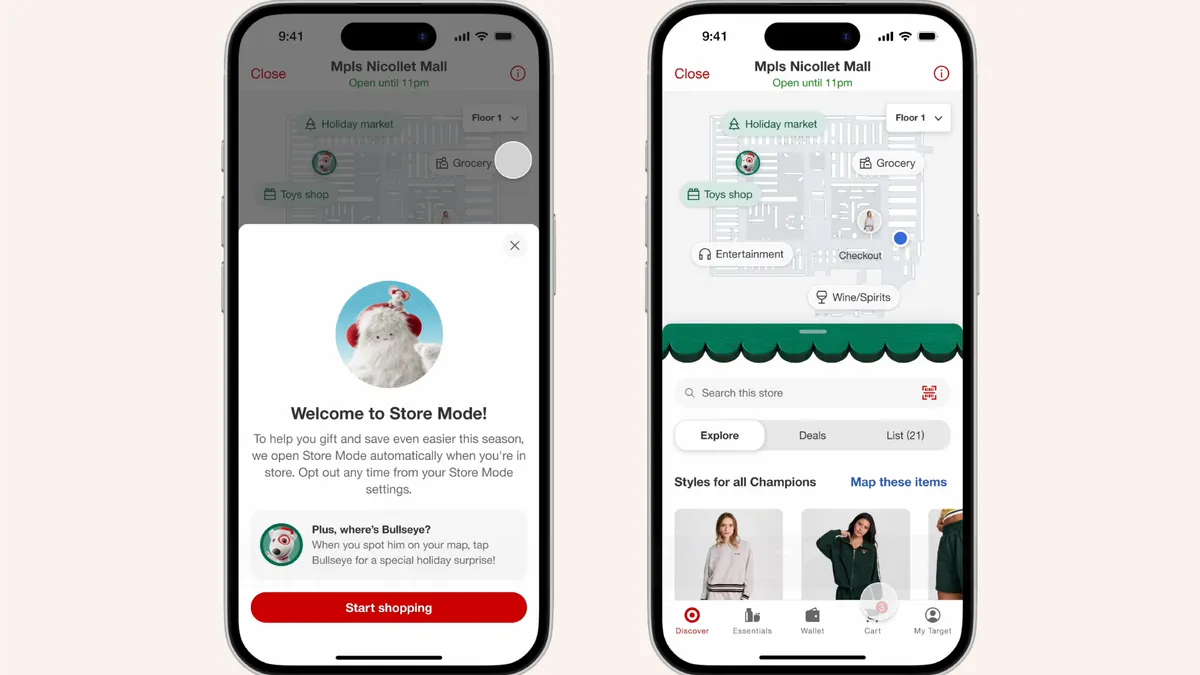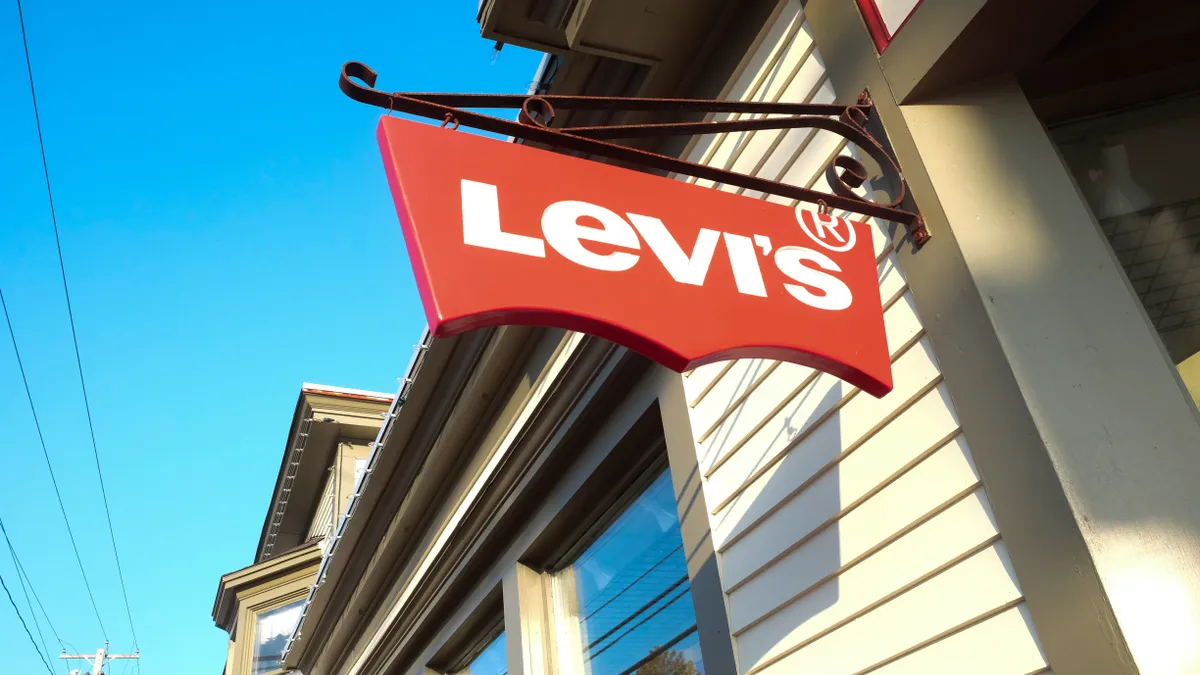Editor's Note: The following is a guest post by Eddie Yoon, founder of EddieWouldGrow a think tank and advisory firm on growth. The views are the author's own.
Black Friday is going to be big this year and it isn't going away as a tent pole event for businesses and consumers alike anytime soon. However, you may be surprised to learn that the number of people visiting stores on Black Friday and Thanksgiving declined 4% from 2016 to 2017, according to RetailNext, Inc. This might be a temporary blip, but more likely speaks to a broader 20-year tailwind that will continue to fragment Black Friday into multiple mini-shopping frenzies year-round.
The most obvious force behind this is the growth of e-commerce, which enables the leading e-commerce players to create their own shopping events beyond Black Friday. Per Adobe, Cyber Monday 2017 hit a new record of $6.6 billion in online sales, which grew 17% year over year and outpaced online sales on Black Friday of $5.0 billion dollars. Much earlier in the year, Amazon did quite well on Prime Day in July, where it sold an estimated $3.6 billion, according to Zentail.
The second and equally powerful driving force behind the fragmentation of Black Friday is the growing embrace of strategies and events for winning "superconsumers." Per the Wall Street Journal, more retailers are catering to their highest spenders to encourage them to spend more throughout the year. This approach used to be exclusive to the very top spenders, like the Neiman Marcus's Chairman's Circle which have a $600,000 annual spend on the Neiman Marcus card. But since 'regular' superconsumers spend four to five times more than the average shopper at Nordstrom and Macy's respectively, it makes sense to broaden the approach.
Nordstrom is offering private dinners with designers for their 'icon' shoppers, which has a high — but more accessible — spending tier of $5,000 per year. J. Crew will open their stores one hour early for loyalty members with a light breakfast. Nike's new flagship store in New York City will have a members-only floor with exclusive products and services like personal shoppers.
The common thread through all of this is that these new shopping events happen all throughout the year. This is consistent with all of my research on superconsumers, which shows that they have far less seasonality in their spending because they buy all throughout the year. Sparkling wine is a category that peaks overall in the holidays, but superconsumers buy it all throughout the year. Hot dogs spike in the summer, but superconsumers maintain a similar purchase frequency in the winter.
But the impact is likely to go beyond just superconsumers. Macy's says that 50% of its $25 billion in revenue comes from 10% of their shoppers, their superconsumers. But it is very likely that the next 10% of shoppers right below that group also spend more than the average and will be enticed to spend even more once they see the perks they could be receiving, but aren't getting now.
Smart companies will use year-round, 'special' events targeting their superconsumers and potential superconsumers. This will bolster their customer relationship management systems and enable them to innovate their own special 'Black Fridays' similar to how Amazon created Prime Day, mimicking Single's Day by Alibaba in China (which sold $25 billion in just one day).
Companies will work with interesting brand friends and even frenemies to collaborate together to create other thematic, highly synergistic 'medium-sized' shopping events. My research has shown that a superconsumer of one category is a superconsumer of nine others. Imagine Nike partnering with the NBA, Take-Two Interactive (makers of NBA 2K) and StubHub to celebrate the start of the NBA season with a combination of Nike gear, League Pass, a special edition copy of the NBA 2K video game and a $50 dollar credit towards a future StubHub ticket purchase.
The executives who would love this the most are CFOs. These additional and more spread out events make it less critical to offer such deep discounts to everyone on Black Friday. Any company on a fiscal calendar year would welcome the opportunity to pull sales forward so the year becomes more certain and less reliant on cash flow draining promotions concentrated in November and December. This could end up as a positive prisoner's dilemma scenario, where all companies are using superconsumer shopping strategies to pull sales forward, and have fewer incentives for extremely deep discounts and a promotional arms race on Black Friday.
All of these will chip away at Black Friday to the point where in 20 years Black Friday will be a relic and relegated to history books as just one of many can't miss shopping events throughout the year.




















